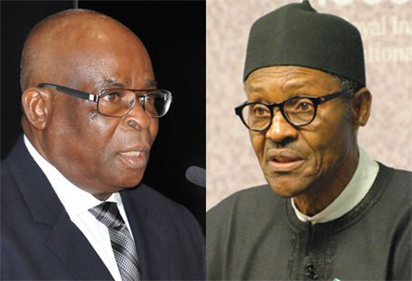How Not To Remove A Chief Justice Of Nigeria

Walter Onnoghen
The Federal Government appears to have deliberately ignored the provisions of extant laws and established judicial precedent when it filed a motion asking the Chief Justice of Nigeria, Justice Walter Onnoghen to step down because of the charges of alleged violation of the Code of Conduct for Public Officers.
Either the National Judicial Council or the National Assembly must play a role play the process for the removal of the CJN.
As it is, the federal government has chosen to ignore the the Senate and the NJC.
Except the Justice Onnoghen surrenders to the blackmail, the process adopted by the federal government is not likely to lead to his removal.
In the circumstance, the president is expected to act on an address supported by two-thirds majority of the Senate. Since there is no such an address, the CJN remains secure in office.
However, since the CJN doubles as the Chairman of the National Judicial Council, the case against Justice Onnoghen is tricky.
If past experience is anything to go by, when allegation is made against a sitting CJN, the procedure established by the NJC is for the CJN to temporarily yields his chairmanship of the NJC to his deputy who will preside over hearing of the allegation.
In the case against Justice Onnoghen, the federal government has chosen to bypass the NJC and consequently the CJN is not under obligation to step down as chairman of the NJC.
For the avoidance of doubt, below are the constitutional provisions dealing with the removal of the CJN.
Provisions of the 1999 Constitution (as amended) on the Removal of Chief Justice of Nigeria




